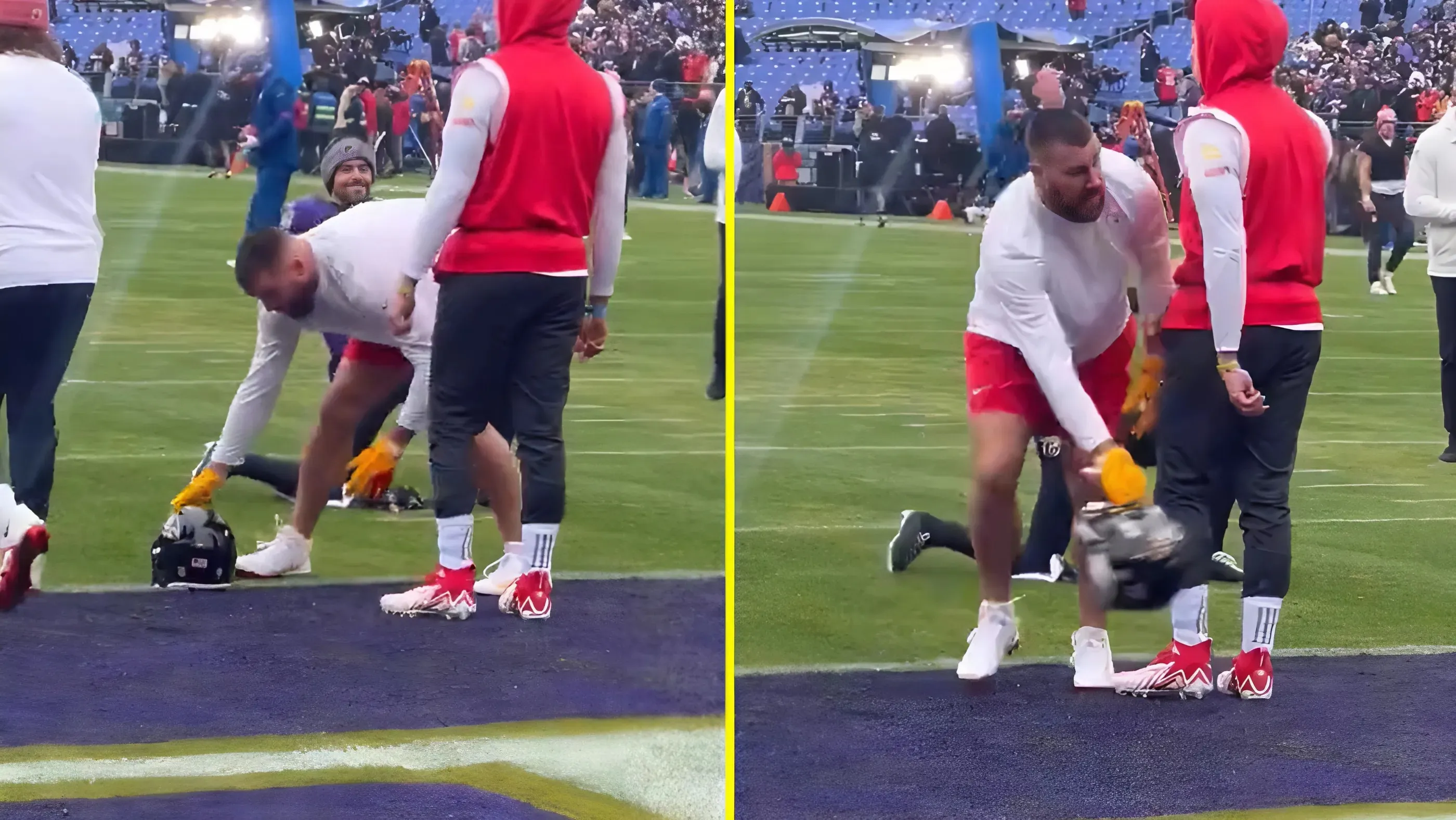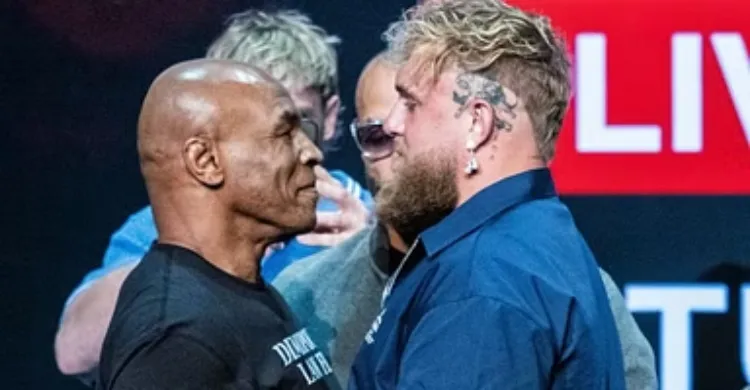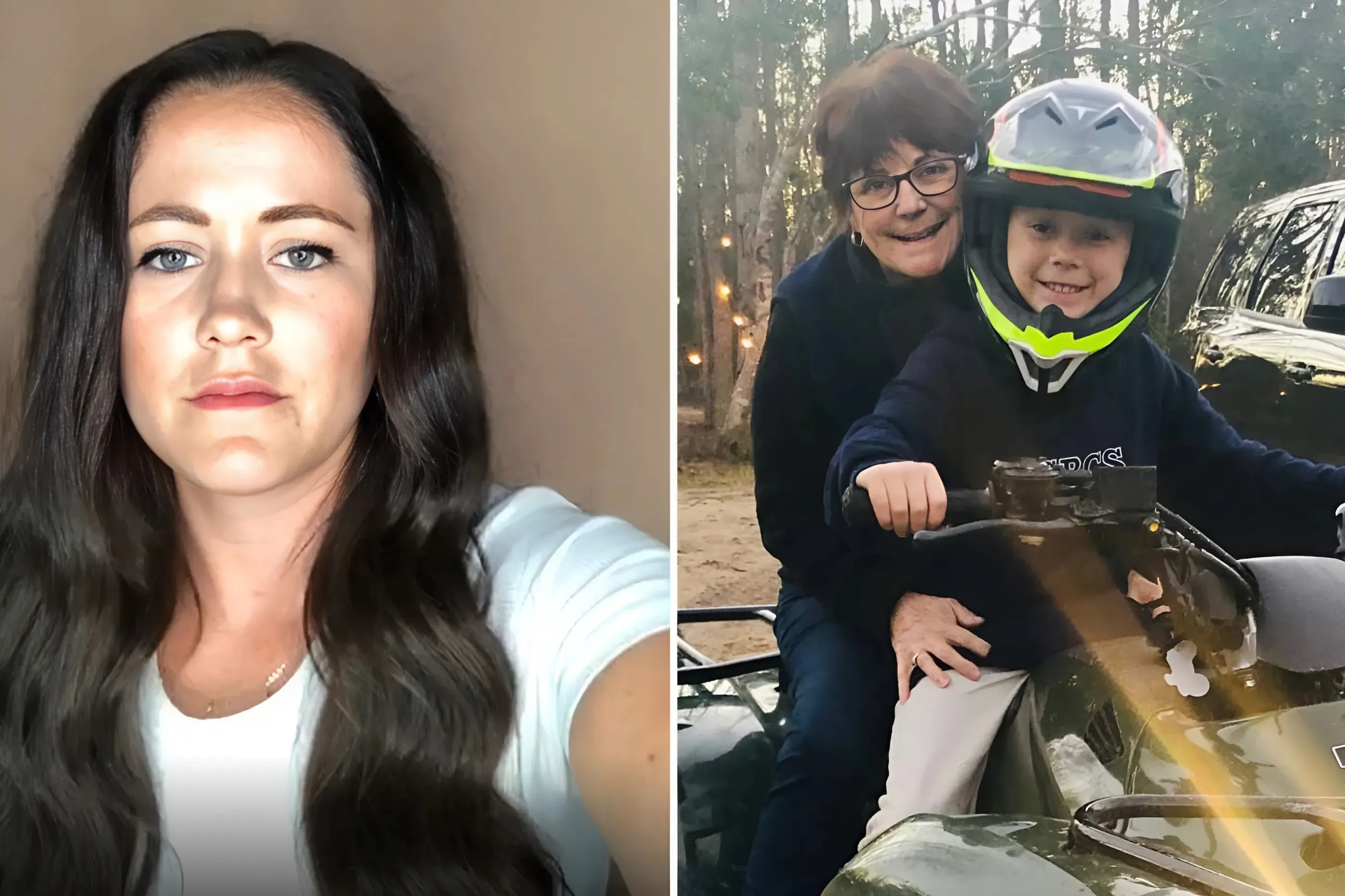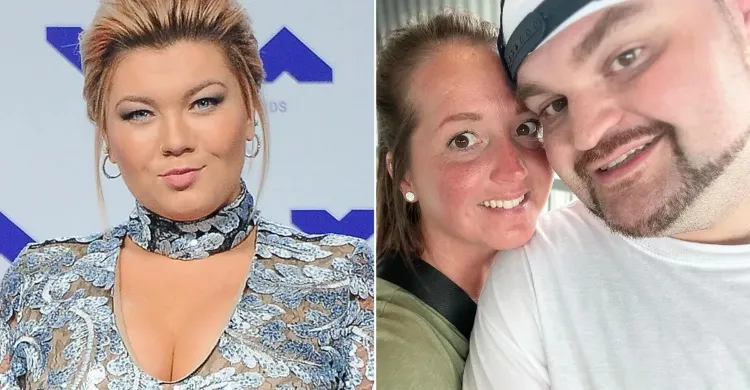At a recent movie convention, this ESB contributor was able to spend some time with veteran actor David Clennon (“The Thing,” “The Greatest,” “Being There,” “Gone Girl,” “The Couch Trip,” “The Right Stuff”) – and the 81 year old had some interesting things to say about all-time great Muhammad Ali.

The 1977 movie “The Greatest” sees Ali play himself, after a short earlier portion of the film in which a talented young actor portrays Cassius Clay. And the film, which boasts great actors such as Ernest Borgnine, Robert Duvall, and James Earl Jones, also sees Clennon play a part. It is in the famed draft refusal scene (this a pivotal scene in both Ali’s life and in the film) when Clennon appears. Taking Ali by the arm and leading the world heavyweight champion out of the room, the US martial played by Clennon tells the champ to “come with me.”
As we know, Ali was later banned from boxing for well over three years. This week, Clennon was kind enough to speak about Ali, the movie, and his admiration for Ali’s stand.
Q: How was it being in a film with the great Ali?
David Clennon: “Oh, it was special. I was a young actor at the time, and he was already one of my heroes. He had been for some time. I myself was a “draft dodger,” like he was, or a conscientious objector. But he had a whole lot more to lose from his actions than I had. It was such an unjust war, the whole Vietnam War. Ali was and is a very real hero of mine. It was such a big thing for us like-minded people, all young people who were against the war, to have such a hugely famous and instantly recognizable person, face, and voice to be on our side, to speak up for us. We had a leader now, and we knew what we were doing was right. Although we knew it all along, Ali’s stance gave us that much more strength and voice. Everyone took notice now. ”
Q: You have a short part in the film, but your scene depicts what was a hugely important part of Ali’s life. Did you get to spend much time with him off-camera?
D.C: “Yes, he was just so approachable. No big ego, nothing like that. He hung out with us; he ate with us. Ali was, like I say, a special person. He lost, what, nearly four years [of his boxing career] due to his draft refusal, yet he was never bitter about it – not that I saw, anyway. And, of course, he came back [to boxing] bigger and greater than ever when he beat George Foreman. He was always joking around the set. In fact, Ali was so excited to be making a movie, and it was a movie about himself, of course (laughs).”
Q: There have been so many films and documentaries on Ali. Where do you think “The Greatest” ranks among them in terms of, well, greatness?
D.C: “I may be biased (laughs), but I think the movie we did in the 1970s is the best Ali film. Will Smith did a great job, of course, in his film (“Ali” from 2001), but in this one [“The Greatest”], you have the man himself. And what a great supporting cast, with a number of big film icons in there.”
Q: Are you a boxing fan?
D.C: “Well, who doesn’t like a big fight? But that’s the thing about Muhammad Ali: you had an opinion on him if you were a fight fan or if you were not a fight fan. He was such a gigantic figure. I’m honored to have met him and spent some time with him and to have featured, if ever so slightly, in a film about him.”



